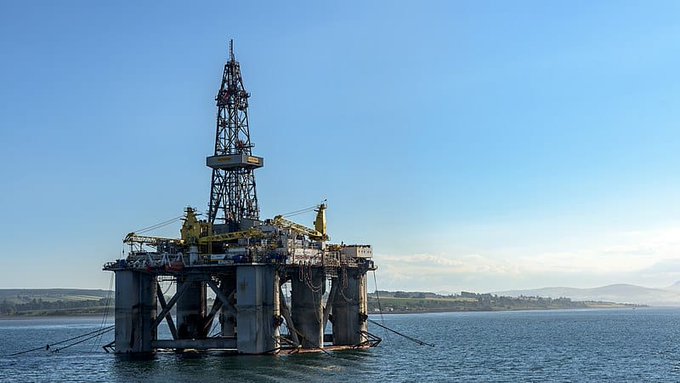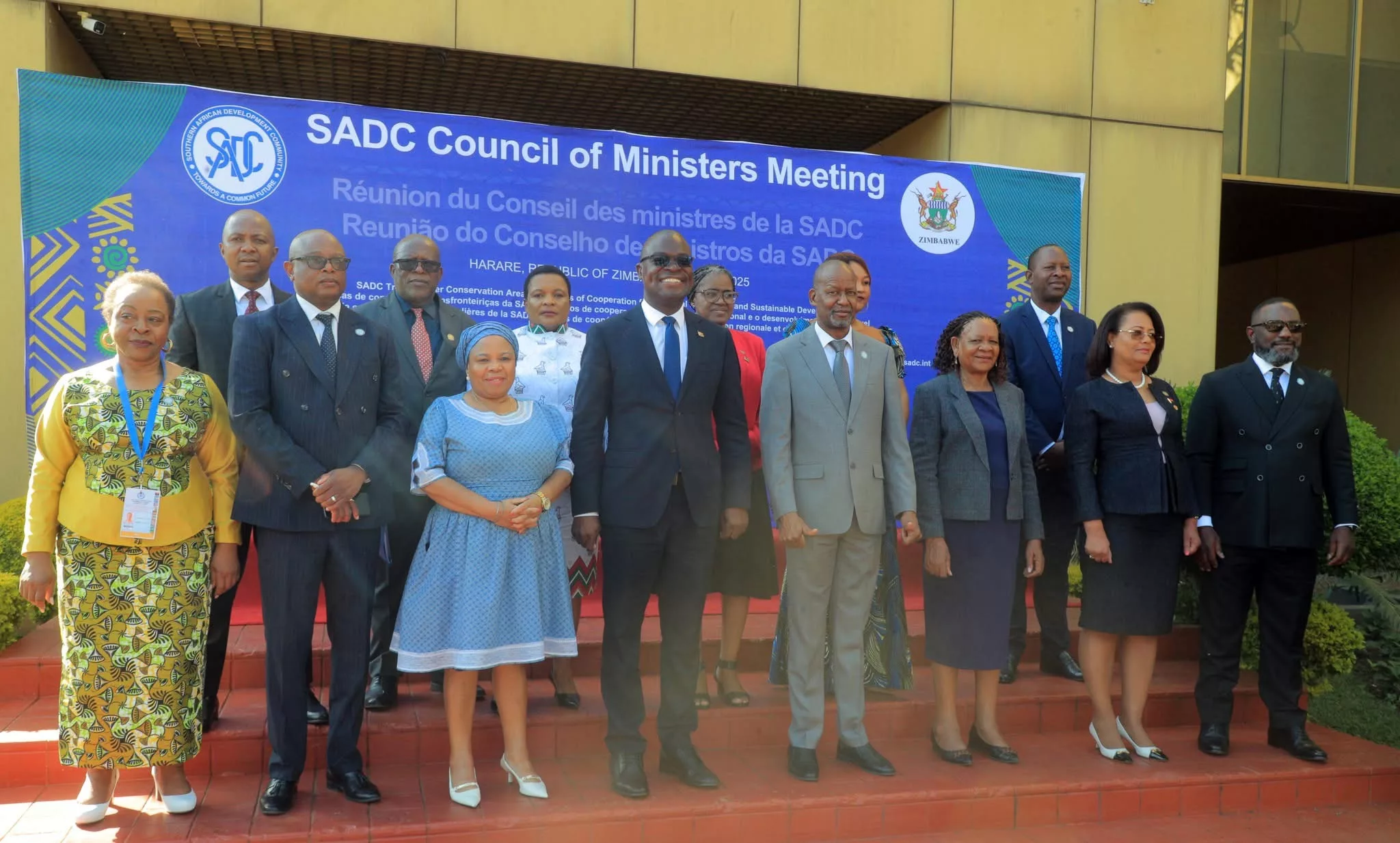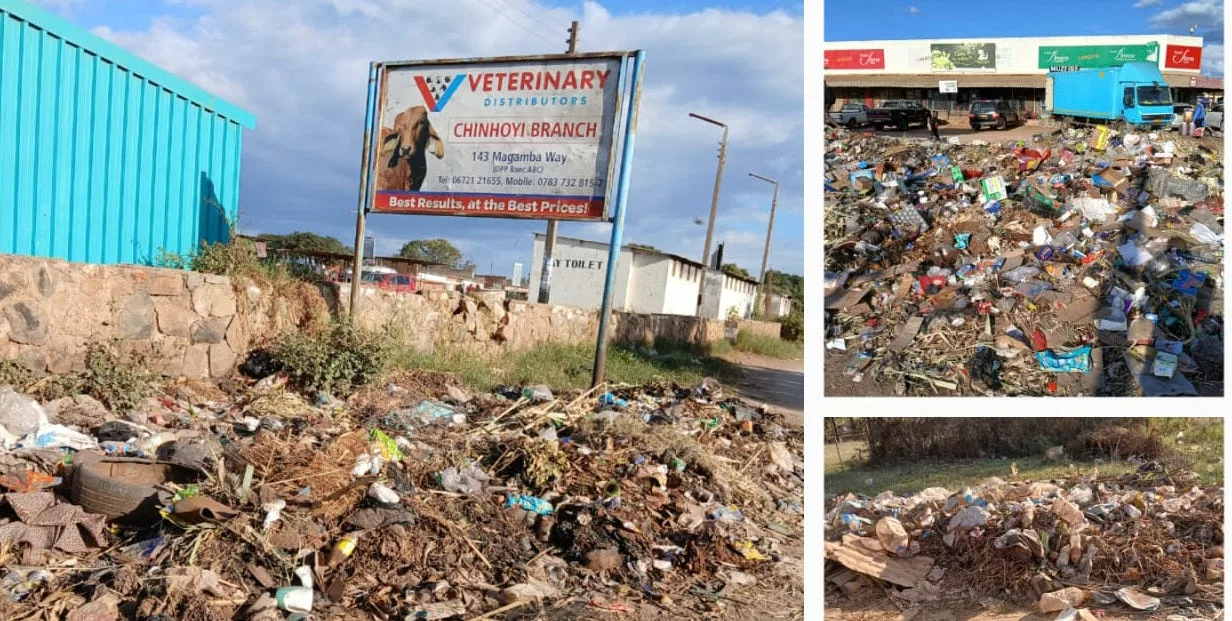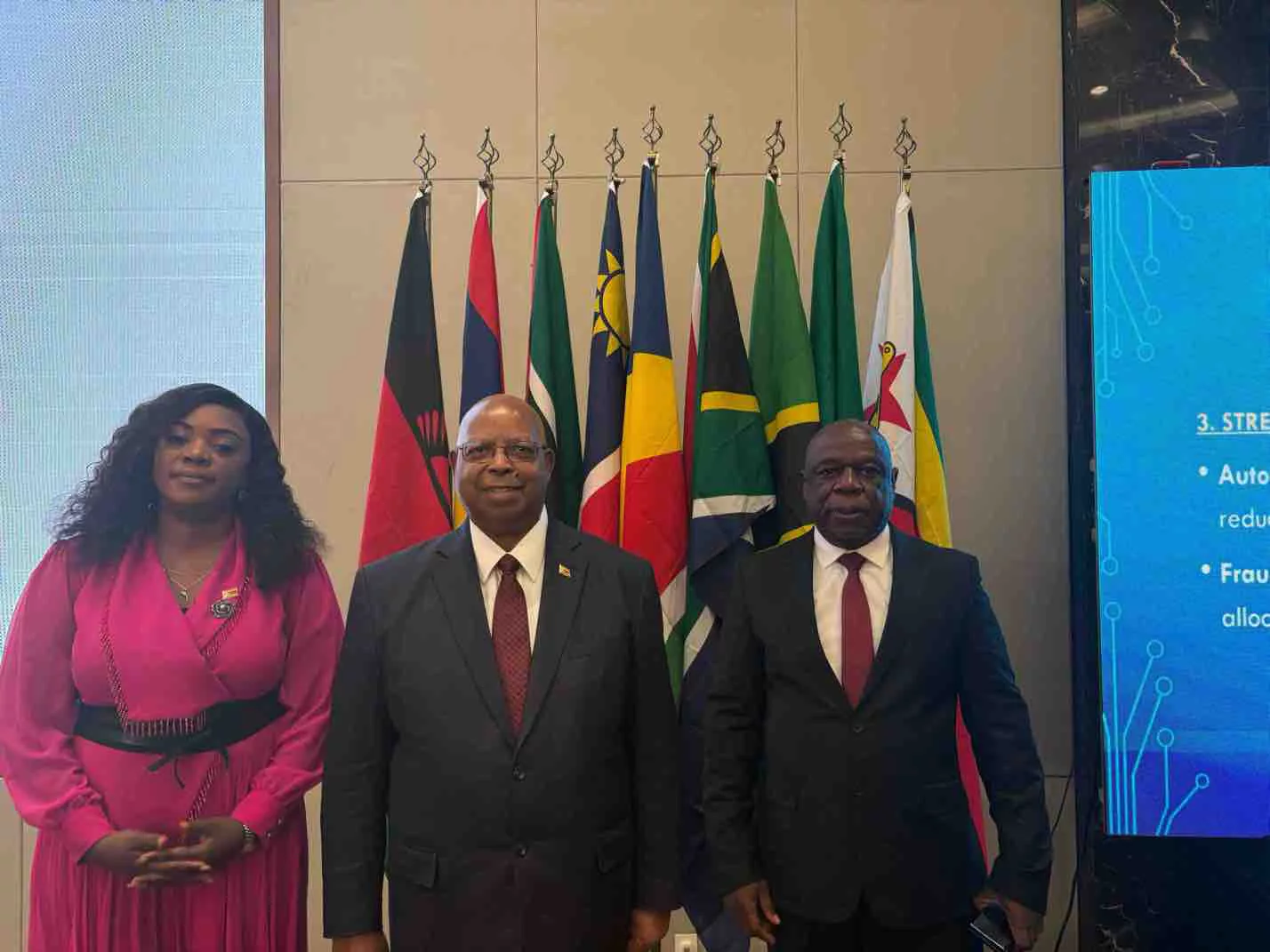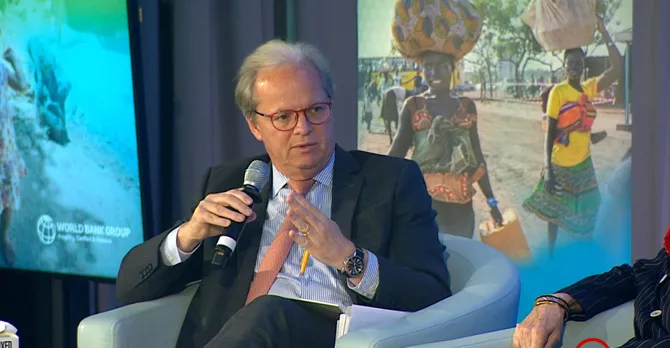|
Getting your Trinity Audio player ready...
|
By Dr. Richard Munang
Today, about 660 million are without access to electricity and over 930 million are without access to clean cooking in sub-Saharan Africa. These are not just mere statistics. These human faces feel the brunt of the lack of energy access and clean energy. We cannot take this as a footnote but dig deep into the reality of the discourse that has become like a lightning message.
Recently, there has been heated debate on whether it is prudent for high-carbon emitting, more-developed countries to expect low-carbon emitting, and less-developed countries not to exploit hydrocarbon assets. This cannot be swept under the table, especially now that the discourse seems to be heating up. Oil and gas don’t extract themselves. Looking at who wins from Africa’s oil and gas is crucial, but this needs to be grounded on a data-driven approach.
Is gas a cleaner transition fuel as has been pitched? Will this highway approach not have poor outcomes for Africans over the long term?
The notion of gas for development- Truth or fallacy?
Africa, which holds up to 17% of the global population, accounts for a maximum of 4% of global emissions. It is the least responsible for the changing climate effects. From this alone, it is safe to say that Africa is net positive regarding emissions. It is a net sink. However, it is the most vulnerable despite contributing the least to the changing climate. It is disproportionately susceptible to the changing climate change effects, primarily because of its very low socio-economic base. Yet, waiving the global obligation to stop gas expansion in Africa on historical fairness would only make sense if gas was an excellent long-term choice for Africans—which is not the case. Despite the spin, the notion of gas for development has failed with a visible look around. Raw material extraction in Africa has a long history of privatizing the profits and socializing the damages, which has left many communities worse off than they started, destroyed our environment, biodiversity and polluted communities to the point of no return despite upfront promises of the opposite. The biggest question is whether exploiting oil and gas will generate broad-based wealth on the continent and the returns funneled into African communities where they can improve their quality of life.
Reality Check
African companies control Thirty-three per cent of projected oil and gas production in Africa. The rest is controlled by companies in the global North holding the majority, making it highly unlikely that a significant share of the revenues from their sale will remain in Africa to fund local development and climate action solutions. Across the continent, we know that the lion’s share of new oil and gas production is concentrated in a small set of African nations. The resource is not universally available across Africa and is concentrated in North Africa (55.8%) and West Africa (36.1%). Cumulatively, only less than 50% of countries are known to have proven reserves, and only 12 have significant amounts. If natural gas exploration were to be a policy direction, then over 50% of the countries would be excluded from these developments. The cost of building gas terminals cannot be ignored. While Africa can ensure modern, clean, and affordable energy is accessible to all in the next decade by investing $25 billion each year, building just one new Natural Gas terminal will take the same amount. And this is not guaranteed to reach all Africans. This cost-beneficial option is, therefore, to go for clean energy to bridge this gap for Africa – through the clean energy mix and the regional clean energy power pools for cross-border trade in clean power.
A typical example from an African country elaborates on the financing risk that natural gas presents. The project was financed through debt to the tune of $1.2 billion for producing the gas alone but without the critical infrastructure needed to offtake and harness the gas to generate power. For this initial stage, the government signed a public-private partnership agreement with private investors who produced the gas that the government would purchase up to 90% of the amount produced. But without further development to build terminals and plants that can offtake the gas and generate power, or third-party buyers of the raw gas, the government is paying for unused gas. In 2019, the government’s bill for ‘unused gas’ amounted to $250 million due to a lack of demand for raw gas and delays in building the associated infrastructure needed to offtake this gas. It is estimated that these losses will top $4.5billion by next year – 2023. This is a big lesson for Africa not to rush into natural gas, especially with the global hype surrounding it.
This suggests that, far from being a solution to pan-African problems of poverty and climate vulnerability, expanded fossil fuel production is more of a short-term boost for a lucky few.
Do we have the moral ground to keep pushing for this?
Expanded domestic fossil fuel production alone cannot be made a panacea for addressing the energy poverty trap. Fossil fuels are priced and traded on global markets, inserting a substantial wedge between what the average African can afford to pay for the energy and the price that energy can fetch internationally, even if it was extracted in Africa in the first place. In 2022 oil prices have increased by up to 40% just in a few months compared to 2021. For oil importers in Africa, these increases have meant paying up to $19 billion more and contributed to a 12.2% increase in inflation. But what about oil-exporting countries? Are they getting any windfall?
For a start, Africa’s production combined accounts for less than one-tenth of total global output. Their ability to satisfy even a lucrative market is minimal. In addition, the lack of refineries, where most of Africa’s exporters do not refine their oil, means they still have to import expensive refined, usable oil products.
Even with this, just 43 per cent of African households are connected to a national electricity grid. The problem is particularly acute in rural sub-Saharan countries where less than one in four is connected. Expanded fossil fuel production does little to solve this problem; it is not a shortage of supply that is the issue, but rather an inability to get the energy to those who need it most. To spin reality, advocates have turned to development as the fundamental rationale for Africa to extract as much oil and gas as possible. However, the dividend from this narrative is weak as there is no clear evidence that this will create broad-based wealth on the African continent nor alleviate crippling energy access deficits.
Africa’s Best Bet- Leapfrogging energy policies from fossil-based to clean-energy-based
Africa holds the highest comparative advantage of solar globally, with the wealthiest solar resources containing less than 1% of the global total decentralized solar installed capacity. The current global fossil fuel price hikes are an opportunity to shift energy policies from fossil-based to clean-energy-based. As a start, a proportion of current fossil fuel subsidies that run into billions of dollars issued every year in Africa to cushion fossil-based electricity generation, cooking fuels like kerosene and LPG, among others, can be set aside to instead incentivize clean solutions of decentralized clean electricity, clean cooking fuel briquettes among others. This can be in the form of tax breaks for enterprises dealing in such clean fuels, encouraging entrepreneurship in these areas, especially by the youth and informal sector. Implementing sustainable energy systems will create green jobs and drive economic development. African countries must determine if gas is rational for their national interests Utility-scale batteries can replace gas plants used for a short period to cover peak electricity demand. Many vested interests and gas lobbyists are pushing hard for African gas—and a quick buck—but cheaper, climate-friendly alternatives are undoubtedly a better medium- to long-term choice for Africans and the planet.
Wisdom is not bought from a market.
Always remember that “there are no shortcuts to the top of the palm tree.”.


